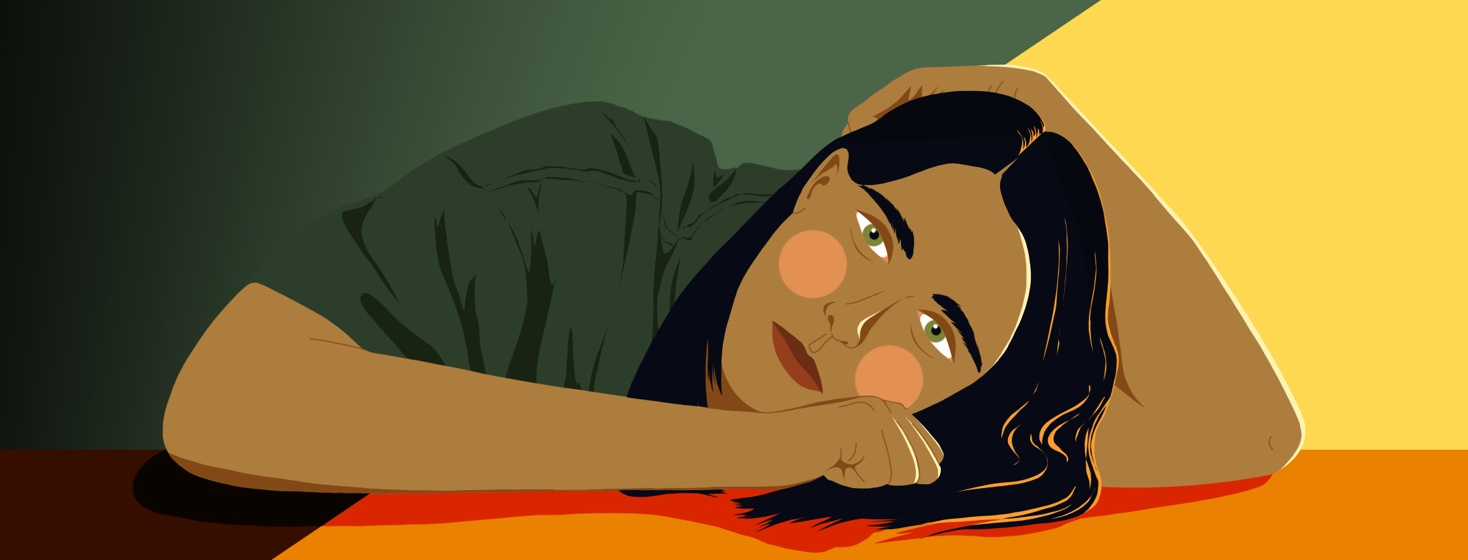My Cancer-Related Fatigue Experience
Cancer-related fatigue can be from treatment, but it can also be from lung cancer itself. I have found that fatigue is one of the most common side effects of lung cancer as a disease as well as from the treatment of the disease. How do we know we have fatigue and what are ways to fight it?
More than just being tired
Cancer fatigue is so much different than just being tired or from an outsider’s perspective, lazy. When someone is diagnosed with lung cancer they will rest and often loved ones or those near to us just do not understand and think the patient is just being lazy.
The best way to respond to these types of comments is to let the person know that your body is going through some major changes and needs to rest now. It may not last a long time, but we need to work through some things to get better. It is so important to let your body rest after a diagnosis and once treatments start if that is the chosen path. It is also important to know your boundaries. We want to stay active as to not decondition our muscles.
Fighting fatigue
The best way to fight cancer-related fatigue is to stay active. Now, I’m not talking about walking 10 miles a day. If you can do that and want to do that please do!
Ways to stay somewhat active include walking on a treadmill, going for a short walk in the neighborhood (my dog loves a good walk!), walking at the mall or nearest supercenter, riding a stationary bike, taking out the kayak, and even going for a light jog. I have found that monitoring my steps has helped me to stay active. You can do this with a Fitbit or an apple watch.
Setting personal goals
My biggest goal after being diagnosed was to get back to working full-time again. When I was diagnosed, I worked for as long as I could. My employer was so very understanding and when I entered the first clinical trial, I did take some time off. I took that time to rest and heal and once I was better and the fatigue was somewhat managed, I started working again. I started working part-time casually and then worked my way up to a traditional part-time role. I still found myself very fatigued and discussed this with my oncologist. We decided to change when I took my pills (from morning to night) and it helped significantly. I felt like a million bucks and at my very next appointment asked my oncologist if I could start working full time again, and she said yes!
What is your experience with fatigue?
This is my experience with lung cancer fatigue. It is important to do what is best for you after a lung cancer diagnosis, treatment plan, and side effect management. Try to make time for physical activity but also make sure to take time to rest.
How have you moved past cancer-related fatigue? Has something helped you or even something not helped? Let me know in the comments.

Join the conversation